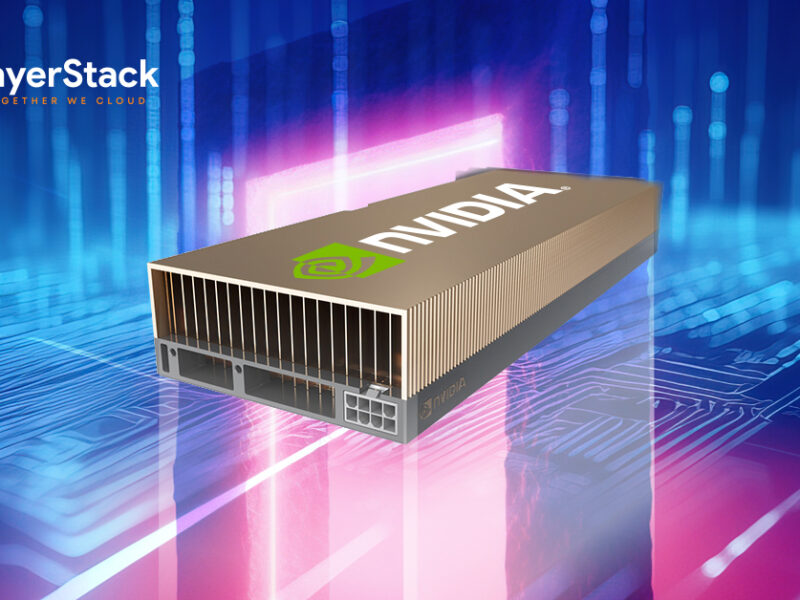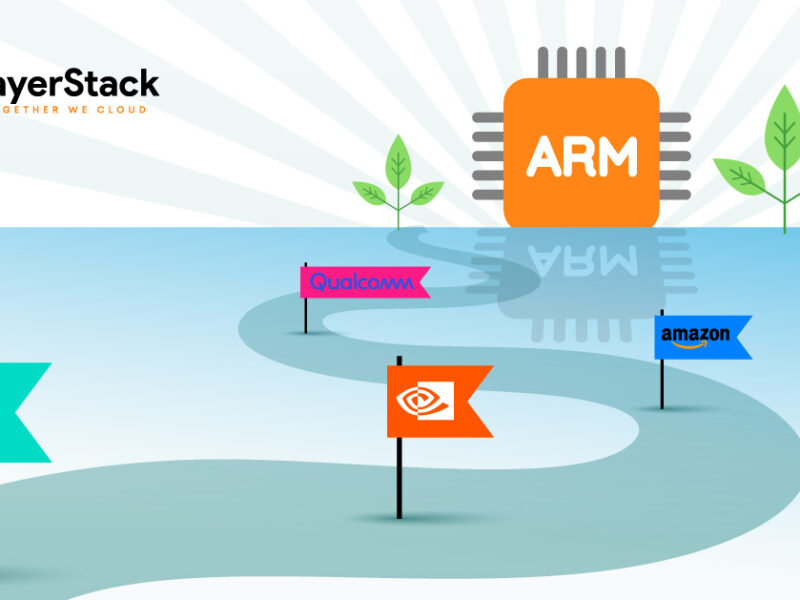
The $61 billion acquisition of VMware by Broadcom was a major event in the technology industry, but it also brought significant changes impacting VMware customers. In recent months, many have reported price increases as high as 10 times from Broadcom’s new VMware management.
By raising prices after acquiring VMware, Broadcom seems to be following a typical strategy of focusing its efforts on large, premium accounts. This approach works for Broadcom since large enterprises face significant challenges transitioning off VMware. However, smaller customers will find it difficult to withstand the price increases. Such acts may force many medium and small businesses that rely on managed service providers (MSPs) for their IT infrastructure to urgently seek out affordable VMware alternatives in order to stay operational in today’s competitive economy. Their alternatives will need to provide virtualization capabilities at a cost structure that allows these organizations to remain profitable.
The Growing Demand for Affordable and Reliable Alternatives
As cost is one of the primary considerations for organizations, according to Gartner, it’s not surprising this new pricing model is pushing many to look for affordable VMware alternatives. Reliable product support is another major concern, especially for smaller organizations worried about receiving sufficient assistance. According to the research, many customers want virtualization solutions with affordable pricing and strong support capabilities. For mission-critical infrastructure, community forums or email support may not cut it depending on an organization’s size and use cases. Time-sensitive incidents like ransomware attacks demand prompt human assistance that online-only help desks cannot reliably provide and with 24/7 live chat support, it can also ensure smooth continuous operations for both small and large enterprises.
Hardware compatibility and migration ease should also factor into the decision. Proprietary bundles that only run on specific hardware lock customers in. Flexible solutions with minimal hardware dependencies offer more flexibility to scale up or change vendors cost-effectively. Similarly, drop-in migration methods that allow copying virtual machines to new platforms until full integration minimize business disruptions.

Making the Right Choice
Ultimately, finding an affordable virtualization alternative post-VMware acquisition involves weighing all these critical considerations. Organizations must assess their specific needs, such as the scale of operations, budget constraints, and infrastructure preferences, before deciding on a platform that provides the right balance of features, support quality, and total cost of ownership. A thorough review will lead to a long-term solution satisfying current and future business virtualization requirements.
Migrating workloads to a cloud platform such as LayerStack presents an appealing option for businesses seeking to reduce their virtualization costs. In addition to highly competitive pricing models, modern cloud infrastructures leverage the latest technologies and architectural designs to maximize efficiency and minimize expenses. Hosting virtual machines in LayerStack’s cloud can significantly cut costs by optimizing resource utilization, accelerating development workflows, automating routine tasks, and ensuring high availability to avoid revenue losses from downtime.
Discover LayerStack’s cloud migration solutions here


